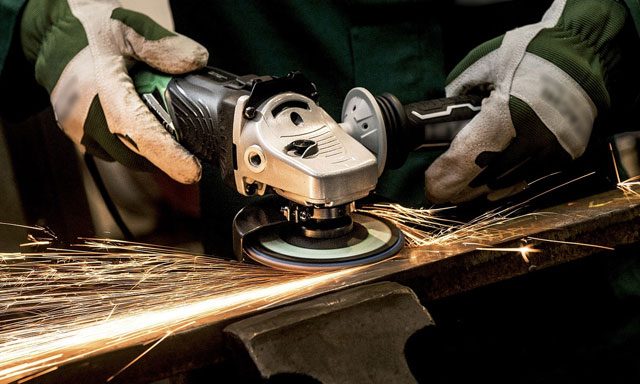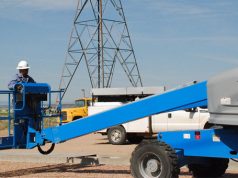
While power tools certainly make many jobs easier, if defective, they can cause serious injuries. If injured by an unsafe power tool, you may have a claim against the manufacturer.
Proper design and manufacturing are essential in order to ensure there are no defects that could cause accidents and/or serious injuries to consumers. If the manufacturer fails in their duty to provide a reasonably safe product and someone is injured as a result, the victim may be able to recover money damages from the manufacturer through a product liability claim or lawsuit.
Power Tool Safety
According to the Consumer Product Safety Commission (CPSC) more than 400,000 emergency room visits and 200 deaths each year can be attributed to accidents involving power tools. Unfortunately, many of those injuries could have been avoided if the manufacturers and distributors placed public safety above profit.
Product liability lawyers (who represent clients who have been injured due to defects) say those accidents frequently involve the following types of tools:
- Nail guns
- Drills
- Welding, soldering, and cutting torches
- Sanders
- Saws (including circular saws, band saws, and table saws)
- Chainsaws
- Leaf blowers
- Punch presses
- Grinders, buffers, and polishers
One component to many power tools—and a common source of product liability claims—are lithium-ion batteries. If your claim is related to a battery defect (e.g., exploding batteries, fires & burns), your claim may be with the manufacturer of the battery, though this is not always the case.
Common Types of Power Tool Defects
Defective or faulty power tools cause injuries not only to workers on the job, but also in private homes or garages. While these defects are sometimes attributed to a manufacturing mistake or oversight, it is sometimes the fault of another party such as a repair or maintenance company, marketer, or retailer.
Here are just a few examples of power tool defects that can lead to injury:
- Safety switches that are not functioning properly
- Lack of adequate safety warnings
- Lack of fluid in hydraulic power tools
- Lack of safety guards
- Loose fittings on air compression-powered pneumatic tools
- Products which are inherently unsafe in nature
Some of the injuries that may result from a power tool accident include the following:
- Lacerations
- Injuries from electrical shock
- Burns
- Disfigurement
- Damage to the nerves, tendons, or muscles
- Amputation
- Wrongful death
Determination of Liability
It’s important to note that bringing a product liability claim can a very complex process, and may involve claims against companies which reside outside of the US. In order to have a good understanding of the legal options available to you, we strongly recommend seeking out a free consultation with an experienced product liability lawyer.
In the event your injury from a defective power tool occurred on the job, in all likelihood you may be able to file a workers’ compensation claim in order to get medical treatment and cover a portion of your lost wages. Additionally, you also need to determine if there is a potential third-party liability claim against the product manufacturer.
An experienced product liability lawyer is the best one to assess the circumstances and determine who should be held responsible for your damages. Product liability lawyers take these types of cases on a contingency basis, so you’ll never have to risk a penny of your own money to have an attorney investigate and pursue your claim.







